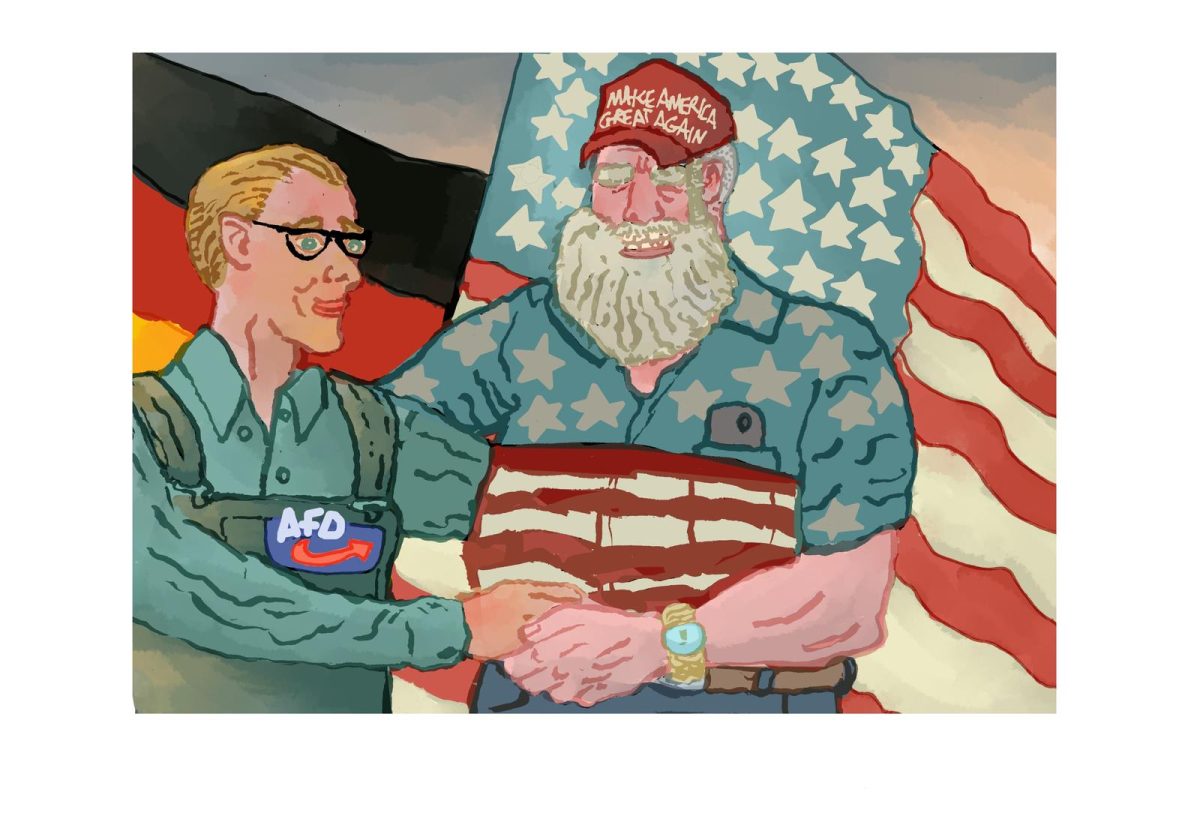Congress was correct in upholding the “don’t ask, don’t tell” policy. Although gay rights activists are continuing the fight to get the policy repealed, it is important to take into consideration the inadvertent repercussions of the policy’s removal.
policy repealed, it is important to take into consideration the inadvertent repercussions of the policy’s removal.
It could endanger our homosexual troops and would only cure a symptom of the discrimination problem in America.
Instead of hastily repealing “don’t ask, don’t tell,” we need to first eradicate homophobia and discrimination from American society.
It is important to keep in mind the safety of our homosexual troops when discussing “don’t ask, don’t tell.”
Our campus is a very open and safe environment for people of all cultures, races, and sexual orientations. However, not all places are as accepting as CSUN.
According to data released by the FBI in 2008, one out of every six hate crimes are because of sexual orientation.
In the same report, the FBI reported there was an 11 percent increase in sexual orientation-motivated crimes from 2007 to 2008.
If a military professional were openly gay, it could put them in immediate physical harm and could increase the number of hate crimes committed against them.
There would also be emotional consequences to homosexuals serving openly in the military. Homosexuals could be discriminated against by commanding officers, subjected to verbal slurs from other soldiers, and may be less likely to receive assistance in combat.
The original reason the “don’t ask, don’t tell” policy was put into place was to protect homosexual soldiers.
In 1992, Petty Officer Allen R. Schindler Jr. was beaten and murdered by his fellow shipmates because he was openly gay.
Former President Clinton used this brutal murder as an example when passing the policy.
Although any hate crime should not be tolerated, if the “don’t ask, don’t tell” policy is repealed, it could lead to more crimes such as this.
The military creates an environment that impedes individualism in favor of uniformity. This is why there are uniforms and specific hair cuts that soldiers must have – to maintain consistency.
Openly gay soldier would be singling themselves out from the group. This puts gay troops at risk to be the targets of discrimination or violence.
In a perfect world, people of all sexual orientations should be able to work and fight together in the military without fear of persecution.
However, in the current social and military environments, it is unrealistic to expect openly gay people to be embraced in the military.
Instead of fighting against the “don’t ask, don’t tell” policy, we should be working to change the mentality of American society to embrace all sexual orientations.
We need to educate our children to be accepting and eradicate homophobia so that, when they are old enough to serve in the military, sexual orientation will not even be an issue.
I disagree with the idea that homosexuality is incompatible with military service, which is the reason that Former President Reagan didn’t allow homosexuals to serve in the military.
Homosexual soldiers are just as capable of serving in our military as heterosexual soldiers.
However, in our current social climate, it would be irresponsible to repeal the policy of “don’t ask, don’t tell.”
By repealing the policy at this stage in our history, it would do more damage than good.
It would endanger our gay troops, and would just be removing a symptom of the real problem in America: homophobia and discrimination. Change comes slowly, and instead of opening our gay troops up for violence and abuse, we must strive for equality in all aspects of American culture.
Eric Harbin contributed to this report





